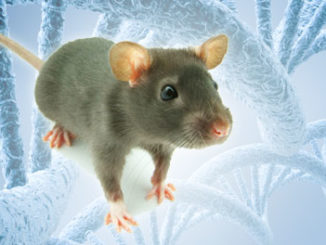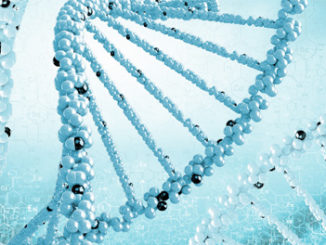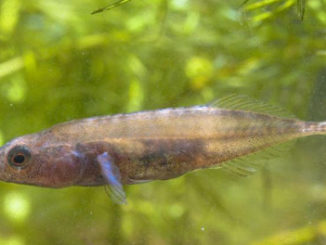Epigenetics of Skeletal Muscle Altered by Endurance Training
We all know that exercise is good for us, but researchers at the Karolinska Institutet in Sweden are exploring the epigenetic impact good exercise has on our skeletal muscles. We have previously touched on the effects of epigenetic changes on the development of diseases such as diabetes and cardiovascular disease. In a recent study in Epigenetics, long-term endurance training has been shown to affect the epigenetic pattern present in the human skeletal muscle. The changed epigenetic patterns were shown to [more…]












